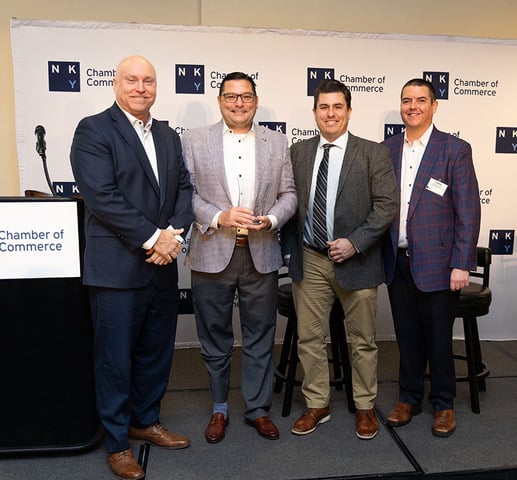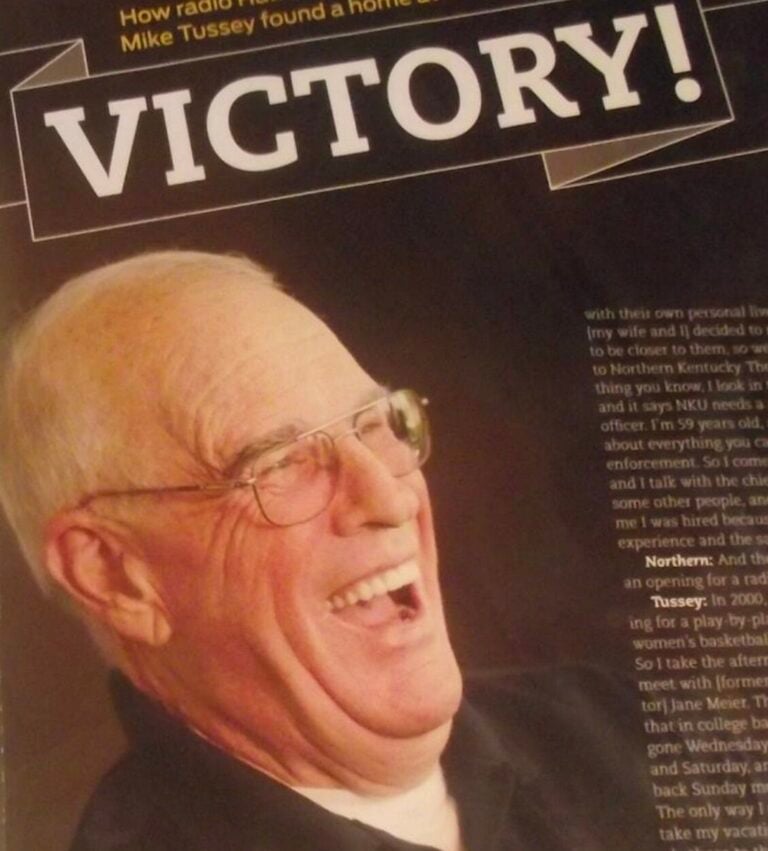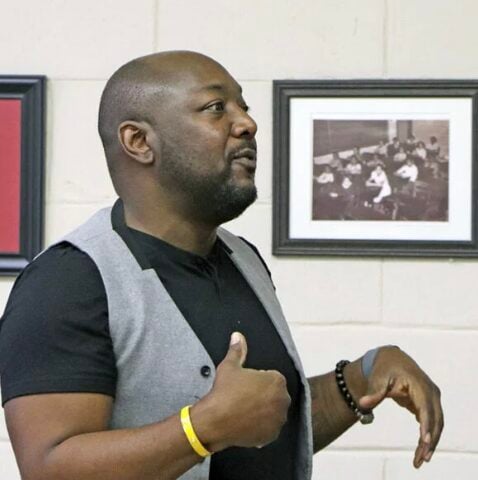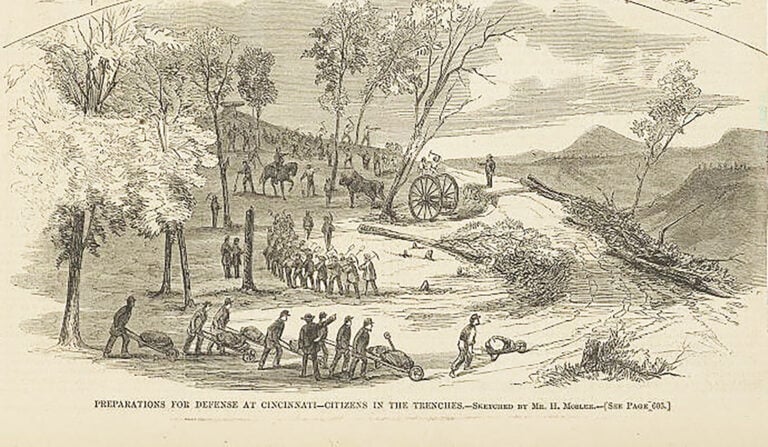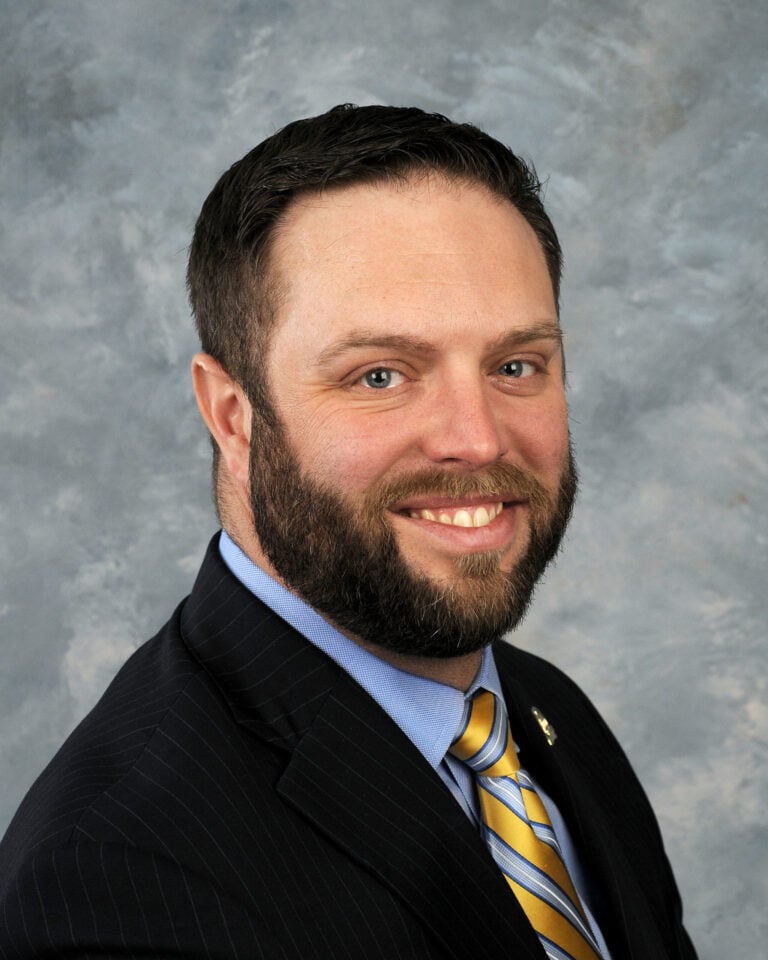I got a surprise phone call last week from the other side of the world, where an American expatriate was worried about the future of his country in the wake of the Charlie Kirk assassination. We agreed that the dis-United States of America needs calming voices who can command attention — a tall order in a media landscape that is dominated by sources that are provocative, inflammatory and often false. All of us need to help change that.
American public discourse is now driven by opinion, not by facts, largely because of social-media platforms that favor opinion and use secret algorithms that promote the most provocative views to compete in the new “attention economy.” The decline of the traditional news business reflects the reality that the market for fact has shrunk while the market for opinion has grown.
Americans prefer to be entertained, and have their views confirmed, than be informed — especially by facts that might conflict with those views.

So, what can we agree on? I would like to think that virtually all Americans agree that political violence is never justified, and that the vast majority of us would probably say likewise about speech that advocates political violence. There are laws against such things.
What, then, about speech that celebrates political violence, even a crime that results in death? That sort of speech, however repugnant, has been protected by the First Amendment to the Constitution. But now people are getting fired for callous things they said about Charlie Kirk’s death, and President Trump and his top lieutenants are using the assassination to more deeply demonize and outright threaten their political opponents.
“Mourn him respectfully or suffer the consequences,” as the Reuters news service described the approach. Ironically, Kirk, who had plenty of controversial views, was lauded most as a champion of free speech; now his friends and allies are using his death to suppress speech – and maybe more.
“There is no civility in the celebration of political assassination,” Vice President JD Vance said Monday, alleging “leftist” funding of “terrorist sympathizers” and urging his audience to call employers of those who’ve made comments they find objectionable.
Trump said without evidence, “We have some pretty radical groups and they got away with murder.” Lexington businessman Nate Morris, who began his Senate campaign with a Kirk-hosted rally and wants Trump’s endorsement, was on the same page, telling Breitbart News that the “radical left has blood on their hands.”
Trump’s deputy chief of staff, Stephen Miller, said the government will use its power to take liberal groups’ money and power “and, if you’ve broken the law, to take away your freedom.” Miller recently said that the Democratic Party is not a political party but “a domestic extremist organization… exclusively dedicated to protecting terrorists, criminals, gang-bangers and murderers.”
That’s ridiculous, but it sets the stage for the government to go after the opposing party, and that’s the sort of thing my expatriate friend and I worry about. Trump clearly revels in the exercise of power, and has indicated no interest in using the power of his office to cool the conversation, as Utah Gov. Spencer Cox tried to do. But some Republicans wish Trump would.
On KET’s “Kentucky Tonight” Monday night, Republican strategist Amy Wickliffe said political leaders, from the White House on down, need to call for “taking the rhetoric down.” She acknowledged that’s “really hard” to do with “people in your sphere,” but “Where we go from here, it’s on us. It’s on all of us.”
The maxim, “All that is necessary for evil to prevail is for good men and women to do nothing,” is not as operative as it was in the old media environment, when extreme voices had little access to mass audiences. Now, the extremes are amplified in huge echo chambers, and many Americans in the middle have dropped out of the toxic talk. The fact that flags went to half-staff for the death of a political activist who was unknown to many if not most Americans shows how our political tribes live in different realities.
Perhaps the best place for good women and men to do something about the current crisis is not on social media, but face to face, one on one and in small groups – where there is at least a modicum of trust and respect.
Cox, the Utah governor, said we should “log off, turn off, touch grass, hug a family member, go out and do good in your community.” At a local philanthropic event in my hometown of Albany last weekend, I told a friend that everyone has a civic responsibility to improve the community where they live. Now, technology has made us part of a national community that needs improving, and we all have a role to play.







